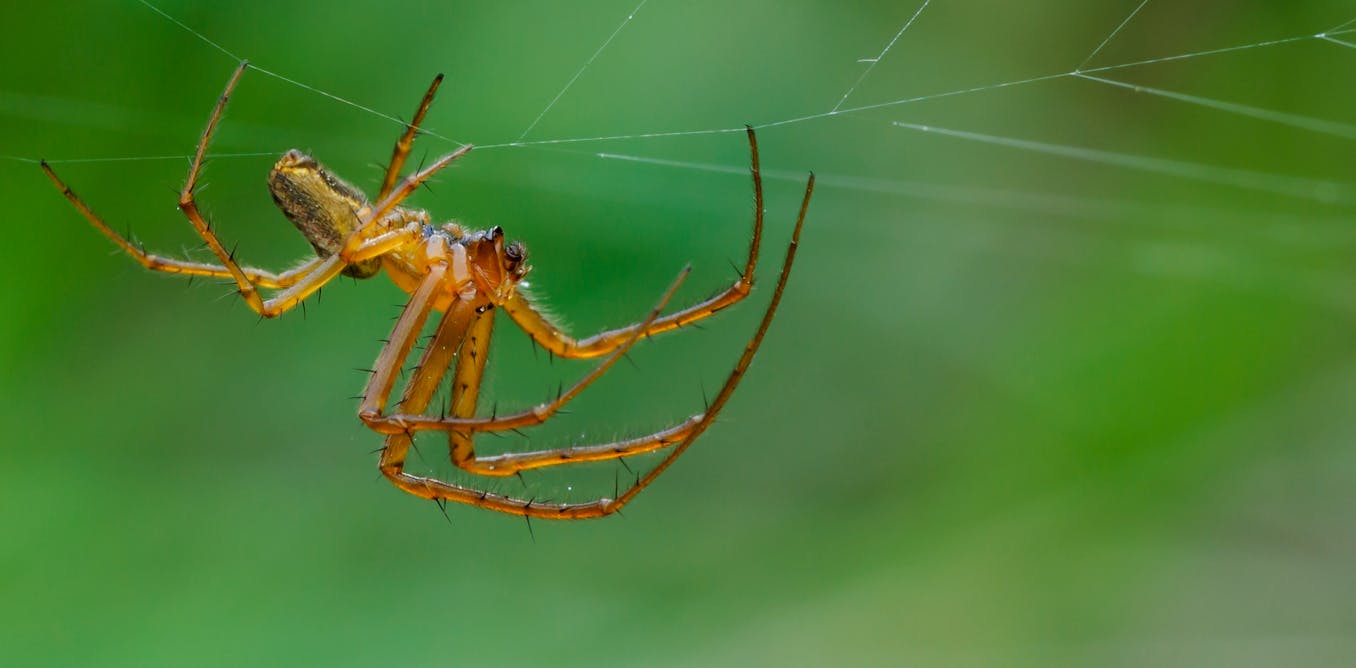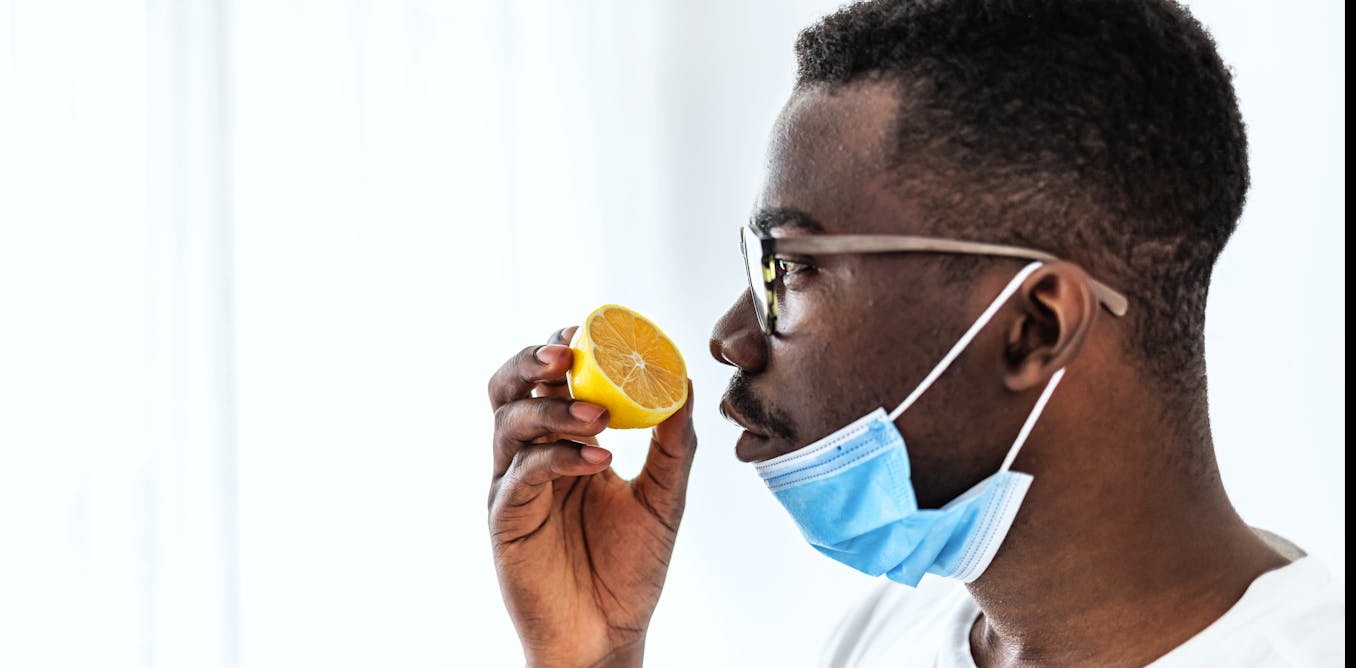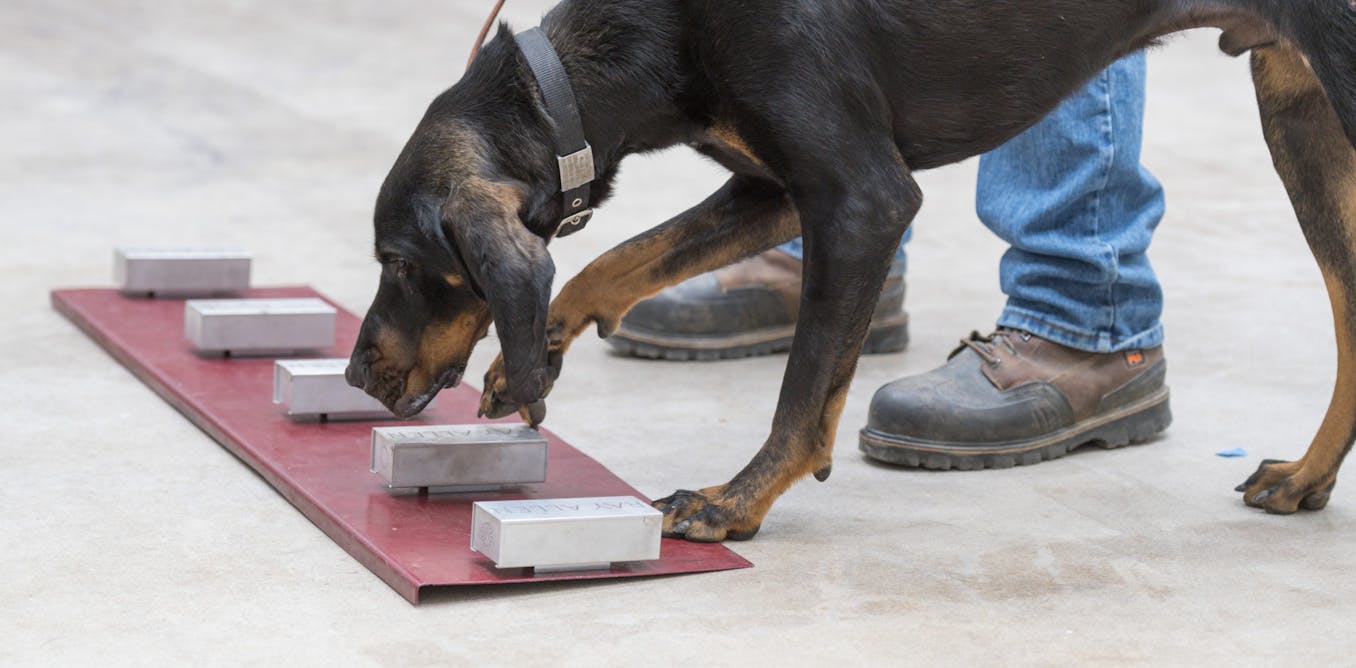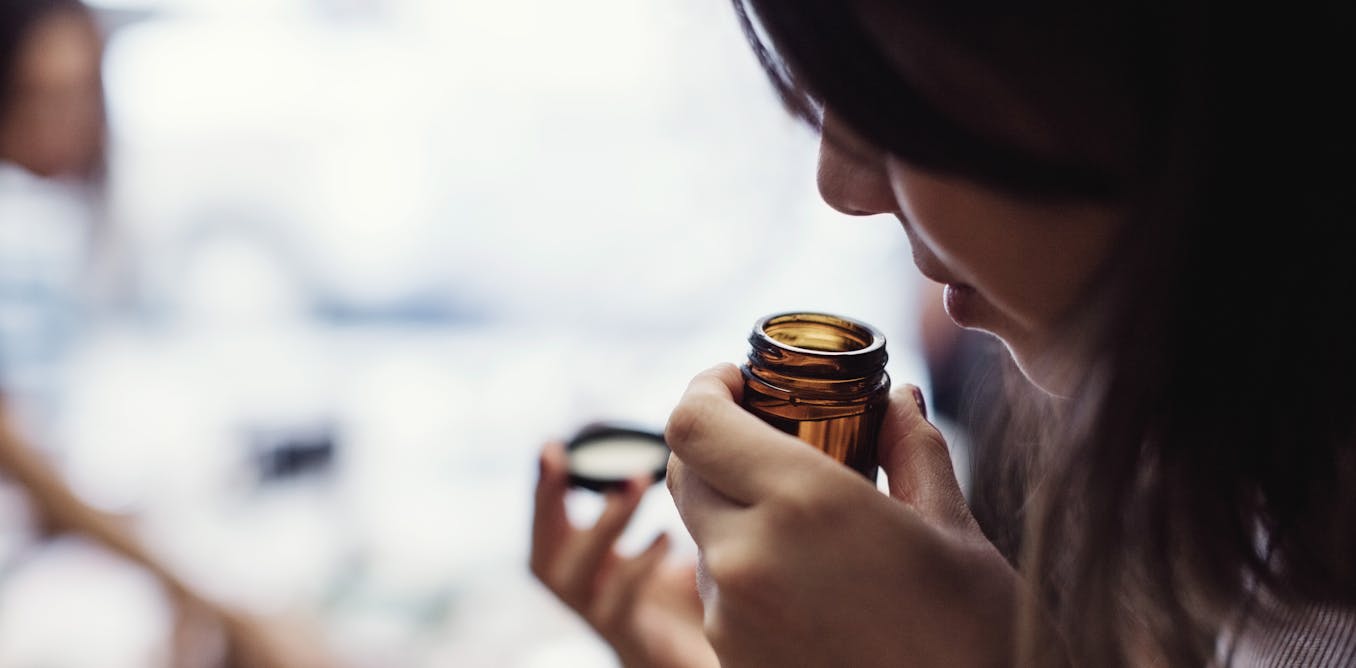Illuminating the brain one neuron and synapse at a time – 5 essential reads about how researchers are using new tools to map its structure and function
From figuring out where memories are stored to how sensory information translates to behavior, new technologies are helping neuroscientists better understand how the brain works.
Aug. 4, 2022 • ~10 min
From odor to action – how smells are processed in the brain and influence behavior
Understanding how the brain translates smells into behavior change can help advance search and rescue technology and treatments for neurological conditions.
Jan. 25, 2022 • ~11 min
When a smell evokes a memory: new research offers clues about how the two are linked in the brain
A smell will often take us back to a particular place and time. But how are place and smell linked in the brain?
Jan. 11, 2022 • ~7 min
Anosmia, the loss of smell caused by COVID-19, doesn't always go away quickly – but smell training may help
An expert in olfaction explains the effects of long-term smell loss, the subtle role the sense plays in our lives and resources for those affected.
Jan. 29, 2021 • ~5 min
The scent of sickness: 5 questions answered about using dogs – and mice and ferrets – to detect disease
Scientists are experimenting with using dogs to sniff out people infected with COVID-19. But dogs aren't the only animals with a nose for disease.
Jan. 13, 2021 • ~8 min
Synthetic odors created by activating brain cells help neuroscientists understand how smell works
Brains recognize a smell based on which cells fire, in what order – the same way you recognize a song based on its pattern of notes. How much can you change the 'tune' and still know the smell?
July 8, 2020 • ~8 min
/
1






